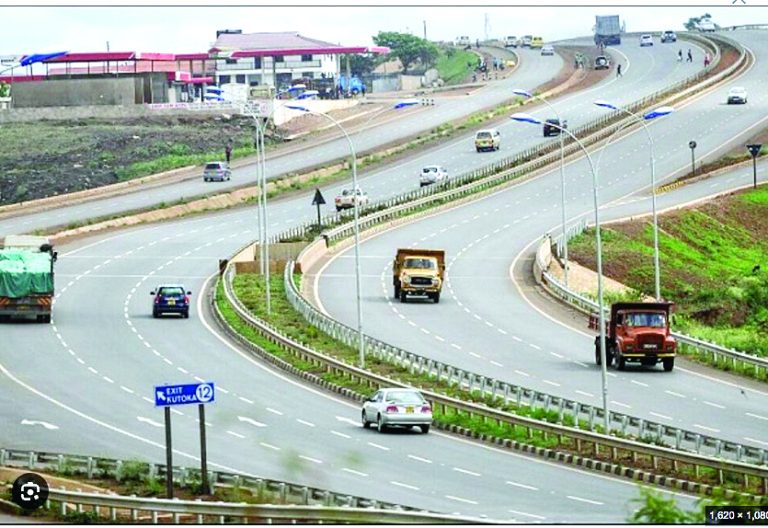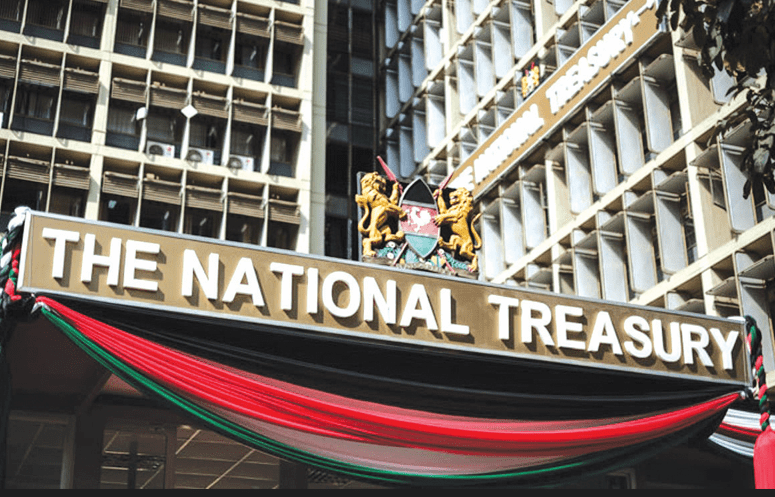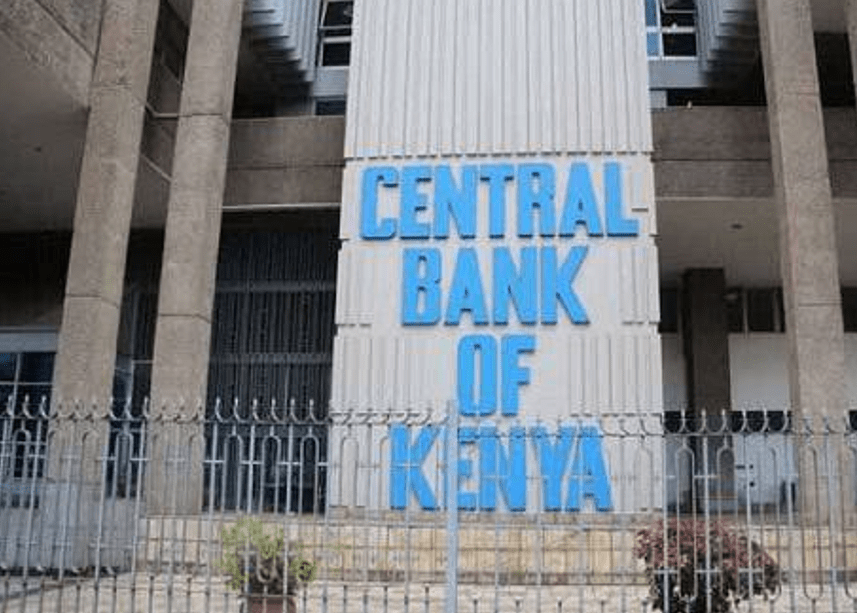Kenya cancels Ksh 190B highway contract with France, turns to China

Kenya has terminated a Ksh190 billion (€1.3 billion) road construction agreement with a French consortium and is in the process of onboarding a Chinese contractor to take over the project.
The decision comes amid renewed scrutiny of Public-Private Partnership (PPP) models and the state’s appetite for infrastructure deals that shift excessive financial risk to the taxpayer.
The 140-kilometre Nairobi-Nakuru-Mau Summit dual carriageway project was initially awarded in 2020 to the Rift Valley Highway consortium, comprising France’s VINCI Highways SAS, VINCI Concessions SAS, and Meridiam Infrastructure Africa Fund.
The group had signed on to design, finance, build, operate, and maintain the highway under a 30-year PPP model, recovering investment through toll revenues.
Kenya National Highways Authority (KeNHA), the agency overseeing the project, sought to restructure the contract terms, citing clauses that placed the financial burden of traffic shortfalls squarely on the government.
The proposed restructuring was ultimately deemed unbankable, prompting the termination of the agreement. “We reviewed the risk distribution and it was not tenable,” said KeNHA which was familiar with the negotiations. “The government was exposed to too much downside in case of low traffic volumes.”
Under the original model, motorists were expected to pay between Sh800 and Sh6,600 depending on vehicle type to use the tolled highway. The tolling structure raised eyebrows within policy circles and among road users, who feared the road would become unaffordable for regular use.
With the French deal shelved, Kenya is now in talks with a Chinese firm to implement the project under revised PPP terms. The new arrangement is expected to place more risk on the contractor while reducing the government’s exposure to contingent liabilities.
Although the identity of the new contractor has not been publicly disclosed, the shift signals a pivot back to Chinese-funded infrastructure delivery.
The reassignment comes just months after President William Ruto pledged that construction of the dual carriageway would begin in 2025. Speaking in Uasin Gishu in December last year, Ruto said the highway would be built in two phases, first from Nairobi to Nakuru, then extended to Malaba, near the Uganda border.
The Nairobi-Nakuru highway serves as a crucial artery connecting Kenya’s capital to the western region and the East African hinterland. Government data shows that the corridor handles over 20,000 vehicles daily, making its upgrade a priority to ease congestion, enhance road safety, and boost trade.
The shift in financing strategy could redefine how Kenya structures major PPPs going forward.














